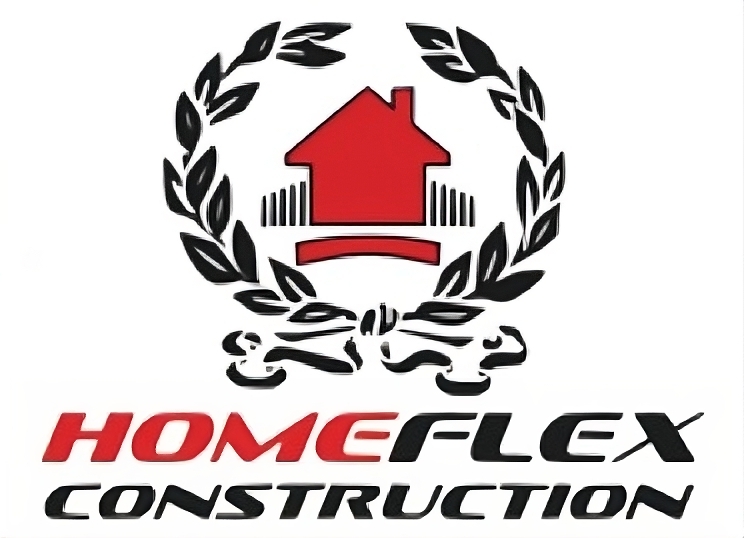Pre-construction planning is one of the most important steps in any building project, especially in a city like New York. With strict regulations, limited space, and complex logistics, starting without a clear plan can lead to delays, budget overruns, and costly mistakes. Whether you’re working on a ground-up development or a major renovation, having a solid strategy in place before construction begins sets the tone for the entire project. It helps you stay organized, compliant, and ready to handle the challenges unique to NYC construction.
Why Pre-Construction Planning is Key for NYC Projects
In New York City, where space is tight, regulations are complex, and timelines are strict, pre-construction planning isn’t optional; it’s essential. Whether you’re developing a new commercial building, renovating a historic property, or converting an existing space, every successful project starts with a solid plan. Without clear direction from the beginning, costs escalate, schedules slip, and compliance issues can shut everything down. Here’s why pre-construction planning plays a critical role in the success of NYC construction projects.
Setting the Foundation for Success
Pre-construction planning is the phase where ideas turn into action. It involves working with architects, engineers, contractors, and consultants to define every detail of the project before construction begins. This includes outlining scope, timelines, budget, permits, logistics, materials, and risks. In a city like NYC, where one misstep can delay a project for weeks, this stage lays the foundation for smooth execution.
Navigating NYC’s Complex Regulations
NYC construction is heavily regulated. From zoning restrictions to landmark preservation rules, developers must follow strict codes enforced by multiple agencies like the Department of Buildings (DOB), the Department of Environmental Protection (DEP), and local community boards. Pre-construction planning helps identify all required permits and approvals upfront. By working with professionals familiar with local laws, you avoid costly compliance issues later.
Avoiding Cost Overruns
Construction in NYC is expensive. Labor rates are high, materials are in demand, and delays can cost thousands each day. Pre-construction planning gives you a detailed budget early on. You’ll know the real cost of your design, what your contingencies are, and how to prevent scope creep. Estimators work closely with your team to lock down accurate pricing and find value-engineering options without compromising quality.
Realistic Scheduling Saves Time
In NYC, construction schedules must be tight, clear, and adaptable. Between city inspections, limited delivery hours, and unpredictable weather, even small tasks require coordination. During pre-construction, project managers develop a phased schedule that accounts for each task, milestone, and dependency. They also factor in lead times, subcontractor availability, and approval wait periods. A realistic timeline helps prevent idle labor and missed deadlines.
Identifying Site Challenges Early
Every NYC site has its own set of complications limited access, underground utilities, adjacent structures, noise restrictions, or working in occupied buildings. Pre-construction planning includes thorough site evaluations to identify these conditions. Engineers assess soil, utilities, and existing structures to flag anything that could affect design or construction methods. Early awareness helps the team adapt the plan before it becomes a costly obstacle.
Enhancing Communication and Accountability
Clear communication from the start prevents confusion later. During the pre-construction phase, roles, responsibilities, and communication flows are defined. Everyone from ownership to subcontractors understands their part and expectations. This leads to better teamwork, faster decisions, and fewer change orders during construction. A well-documented plan also keeps everyone accountable as the project progresses.
Supporting Green Building and Energy Goals
Sustainability is a growing priority in NYC. Laws like Local Law 97 require buildings to meet strict energy standards. Pre-construction is the best time to plan for energy-efficient systems, LEED certification, or Passive House standards. Early coordination between the design and construction teams ensures your building meets green targets without delays or redesigns.
Reducing Risk and Delays
Every construction project comes with risks from budget shortfalls to subcontractor delays. The pre-construction phase is where risks are identified, evaluated, and addressed. A solid risk management plan might include backup suppliers, extra buffer time, or alternate construction methods. The goal is to prevent surprises that could stall your project halfway through.
Building Trust with Stakeholders
Developers, investors, tenants, and community boards all have a stake in NYC construction projects. Pre-construction planning gives you the tools to keep stakeholders informed and involved. Detailed plans, clear timelines, and transparent budgets help build trust and secure support, especially important for large or high-profile developments.
Why It Pays to Work with the Right Team
Pre-construction planning requires collaboration across architects, engineers, general contractors, project managers, and city agencies. Working with a team that knows NYC’s unique challenges can make all the difference. At HomeFlex Corp, we bring years of local experience to every project. Our team works closely with clients to provide detailed planning, accurate budgeting, and a strategy that keeps your build on time and on track. Looking to start your next NYC project right? Visit www.homeflexcorp.com to schedule your free project consultation.
